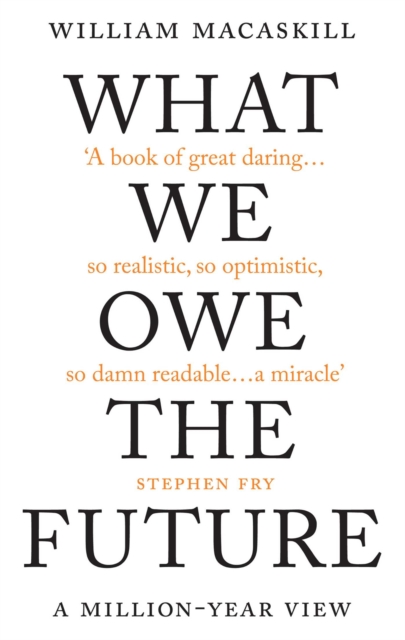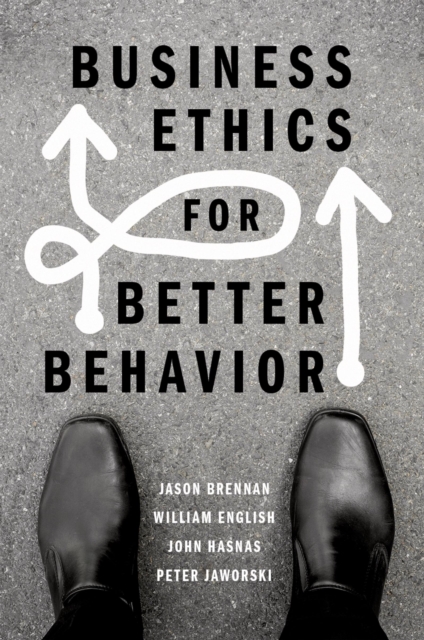How do we know right from wrong, good from bad, help from hindrance, and how can we judge the behavior of others? Ethics are the rules and guidelines that we use to make such judgements. Often there are no clear answers, which make this subject both interesting and potentially frustrating. In this book the authors offer readers the opportunity to develop and express their own opinions in relation to ethics in psychology.There are a number of famous many psychological studies that appear to have been harmful or cruel to the people or animals who took part in them. For example, memory researchers carried out studies on a man who had no memory for over forty years, but because he had no memory, he was never able to agree to the studies. Is this a reasonable thing to do to someone? Comparative psychologist Harry Harlow found that he could create severe and lasting distress in monkeys by keeping them in social isolation. Is this a reasonable thing to do even if we find out useful things about human distress?If you were able to use psychological techniques to break someone down so that they revealed information that was useful to your government would you do it? If so, why and if not, why not? These ethical issues are not easy to resolve and the debates continue as we encounter new dilemmas.The book uses many examples of psychological research to look atkey ethical issues ethical guidelines of psychologistssocially sensitive researchethics in applied psychologythe use of animals in researchThis book will be essential reading for and undergraduate and pre-undergraduate students studying psychology and students of other subjects concerned with ethics.
Get Ethical Issues and Guidelines in Psychology by at the best price and quality guranteed only at Werezi Africa largest book ecommerce store. The book was published by and it has pages. Enjoy Shopping Best Offers & Deals on books Online from Werezi - Receive at your doorstep - Fast Delivery - Secure mode of Payment
Digital Rights Management (DRM)
The publisher has supplied this book in encrypted form, which means that you need to install free software in order to unlock and read it.
Required software
To read this ebook on a mobile device (phone or tablet) you'll need to install one of these free apps:
To download and read this eBook on a PC or Mac:
-
Adobe Digital Editions
(This is a free app specially developed for eBooks. It's not the same as Adobe Reader, which you probably already have on your computer.)
 Jacket, Women
Jacket, Women
 Woolend Jacket
Woolend Jacket
 Western denim
Western denim
 Mini Dresss
Mini Dresss
 Jacket, Women
Jacket, Women
 Woolend Jacket
Woolend Jacket
 Western denim
Western denim
 Mini Dresss
Mini Dresss
 Jacket, Women
Jacket, Women
 Woolend Jacket
Woolend Jacket
 Western denim
Western denim
 Mini Dresss
Mini Dresss
 Jacket, Women
Jacket, Women
 Woolend Jacket
Woolend Jacket
 Western denim
Western denim
 Mini Dresss
Mini Dresss
 Jacket, Women
Jacket, Women
 Woolend Jacket
Woolend Jacket
 Western denim
Western denim
 Mini Dresss
Mini Dresss














